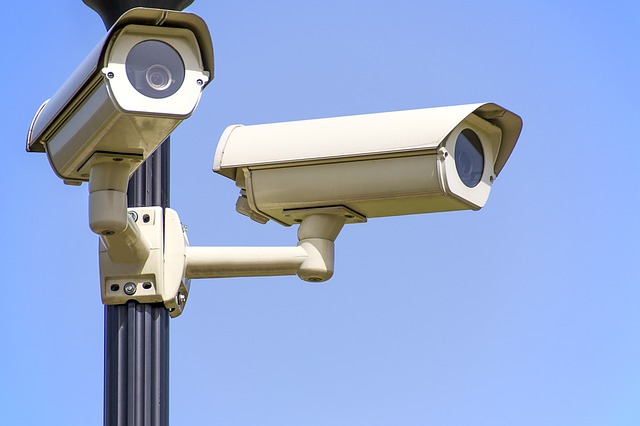The latest ruling from the court of appeal could cause governmental policies concerning mass surveillance to be reviewed and modified.
The Court of Appeal recently supported a case against the United Kingdom’s surveillance laws and policies, which claims that these laws breach the ones laid out by the European Union.
The challenge was instigated by the MP and deputy leader of the labor party, Tom Watson. Watson sought to challenge the Data Retention and Investigatory Powers Act (Dripa). This Act addresses all issues relating to surveillance conducted by the governments and its derivatives. The challenge was submitted to the Court of Appeal, who ruled that certain sections of the Dripa were considered unlawful as a large portion of information gathered was not necessary or utilized to fight crime. In addition, the Dripa does not contain any independent sign-offs on who exactly is allowed to access the information.
Another supporter of Watson’s challenge, Liberty, stated that this ruling is likely to render the Investigatory Powers Act, otherwise known as the Snooper’s Charter in contravention of the European Union’s laws.
According to the director of Liberty, Martha Spurrier, this ruling signifies yet another ruling against the increasingly harmful practice of mass surveillance. Spurrier maintained that this latest ruling should serve as an unquestionable message to the UK government that mass surveillance simply violates its citizen’s rights to privacy. In addition, Spurrier emphasized that this should serve as a call to revise the controversial Snooper’s Act.
This challenge has been in preparation ever since 2014 when Watson and conservative MP, David Davis started creating an initial draft of the challenge. Since this time, however, Davis has withdrawn his support and involvement in the case. The challenge argues that current UK legislation allows governmental bodies and agencies to conduct mass surveillance and to access highly sensitive information about its citizens that hardly ever aid these agencies in fighting crime, or using the information for the greater good of national and public security.
Dripa technically expired in December 2016, however, the government elected to keep the basics of the Act and implemented a more severe act, the Investigatory Powers Act, which was implemented in 2017.
Watson stated that this Act demonstrated significant flaws ever since its implementation. Alarmingly, the Investigatory Powers Act did not even follows proper procedures to be approved by parliament but was simply rushed through.
Watson emphasized that the government should revise the Investigatory Powers Act to ensure the privacy and security of the UK’s thousands of innocent citizens whose privacy has been undermined by the act.
The Investigatory Powers Act entitled governmental agencies to conduct mass surveillance applicable to the entire public. In addition, the act allowed agencies to use harmful hacking techniques to gather information and to store information in a database. Liberty is currently conducting its own separate challenge to this act.
In 2017, the Home Office acknowledged that the Act required certain revisions following a European Court of Justice ruling, however, the changes that were brought about were insufficient to address several concerns regarding the Act.
According to a representative of the Open Rights Group, Matthew Rice, the Investigatory Powers Act was indicative of the government’s disregard of human rights. Rice emphasized that public protectors had a responsibility to fight Acts which compromised the rights of the public in any way.






